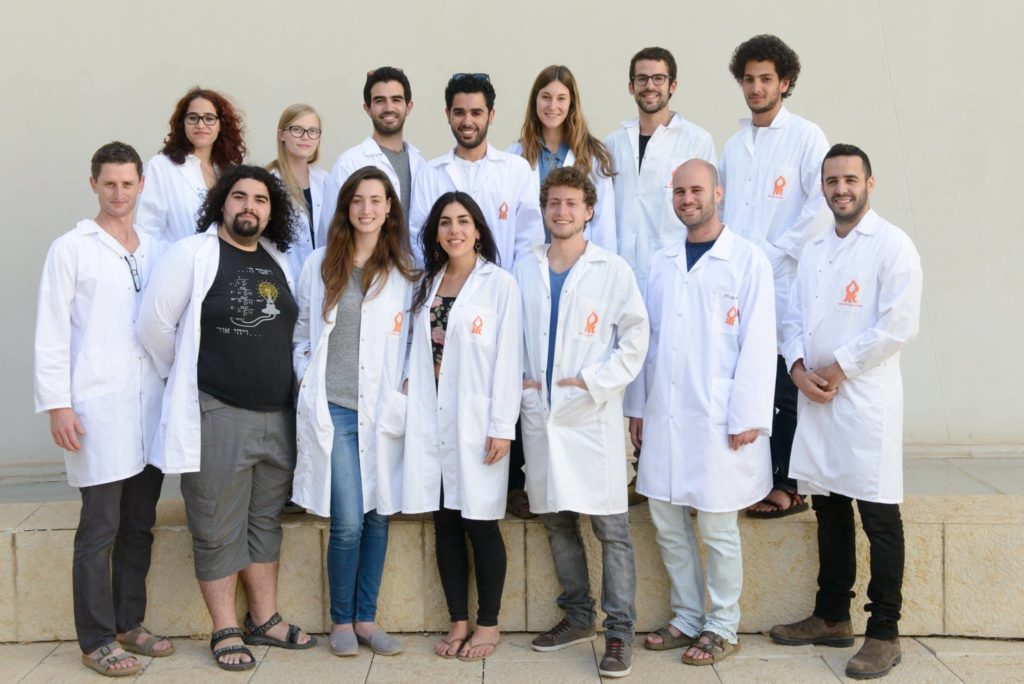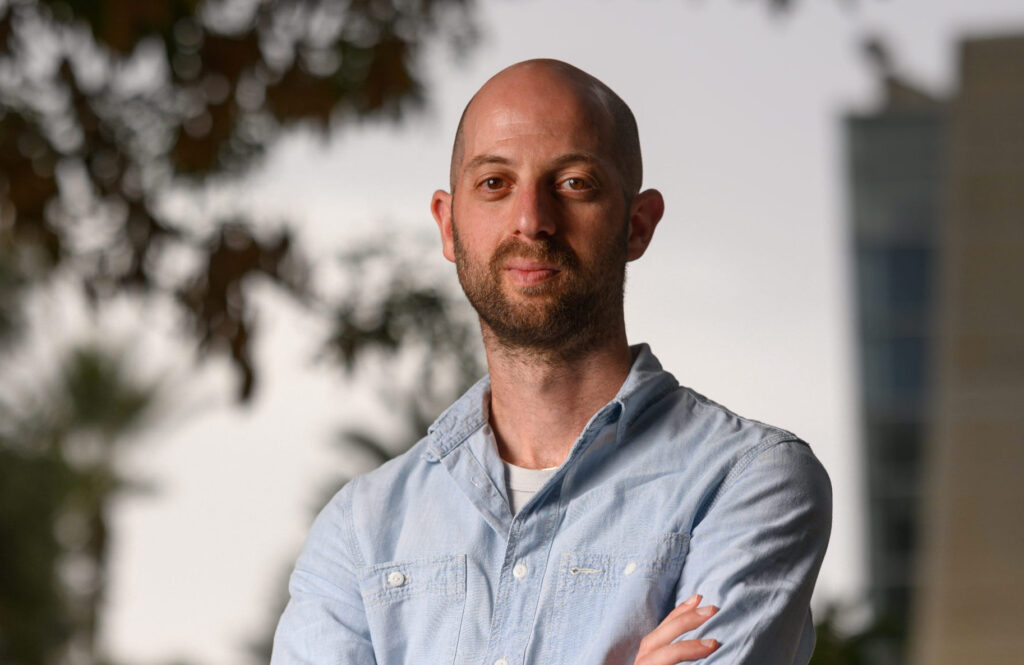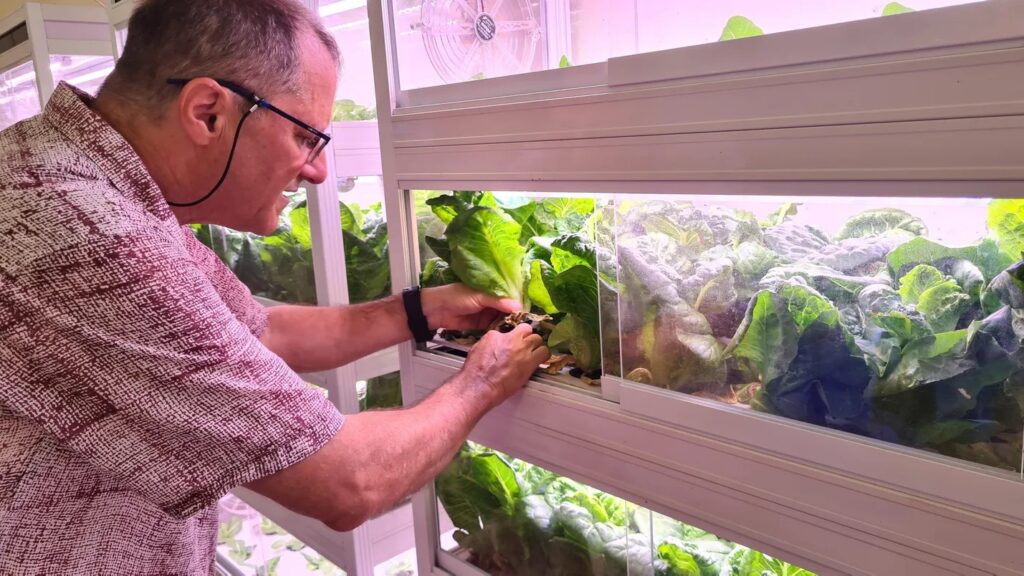
PlastiCure Tackles Global Plastic Problem
PlastiCure Tackles Global Plastic Problem
November 2, 2016
Excerpted from Haaretz — More than 300 million tons of plastic are produced every year, creating one of the planet’s gravest environmental threats. However, a student research team from Ben-Gurion University believes it has found the solution to this problem in the form of plastic-eating bacteria.
The team has been working on developing a solution for the accumulation of plastic waste with the help of a germ called pseudomanus putida. The group recently presented the project at the annual, worldwide synthetic biology competition iGEM, held at MIT. The team was awarded a gold medal for their overall performance and demonstrating a high standard of achievement.
The BGU team’s genetic engineering technology, called PlastiCure, targets polyethylene terephthalate (PET), the most common thermoplastic polymer resin used in fibers for clothing, bottles and food containers.
“We thought about various subjects to research for the competition and I read about the plastic waste problem and thought it was suitable,” says Inbal Segel, a life science and social studies student on the team.
“We put together a research proposal aimed at streamlining plastic breakdown with bacteria. The process has been done before but hasn’t been very effective.”
Segal is one of 13 students participating on the BGU team. The team’s mentors are Prof. Lital Alfonta, Dr. Ramon Birnbaum and Dr. Idit Dahan of the Department of Life Sciences.
“The goal is to completely biodegrade the plastic molecule,” says Prof. Alfonta. “The energy created in this process can be used to produce electric power.”
Plastic can be burned in facilities that produce energy from waste, but this is a costly process that also creates pollution. Degradable alternatives to plastic are still too expensive for widespread use.
In their search for bacteria that can decompose plastic efficiently the students tried to streamline the activity of a protein that breaks down the primary connections of plastic molecules. They also added genes to the pseudomonas putida to help it break down the plastic completely.
The streamlined protein was inserted into another germ — e.coli — and excreted to aid the putida’s action. The biological system they built combines the two bacteria for a better breakdown of the plastic.
Although the system still doesn’t decompose the plastic completely, the team is in the process of developing germs that may increase the efficiency of the process.
According to their vision, the bacterium will be used in facilities for breaking down large quantities of plastic waste. The energy released in the process will be used to produce electric power, some of which will be used for the breakdown process itself.
In the future, they say, it may be possible to manufacture kits for home use, with which consumers could break down their own plastic waste.




